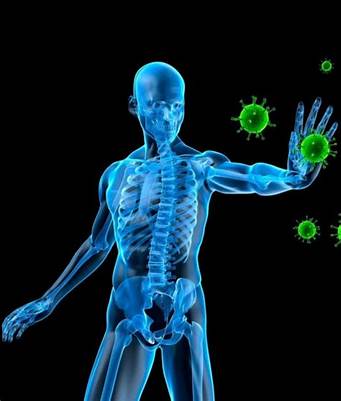Can Your Environment Be the Cause of Your Autoimmune Disease? By Pierre Mouchette | Bits-n-Pieces Autoimmune diseases (AIDs) are a type of health condition where your immune system attacks its cells and tissues. Autoimmune disorders are common, and they may even affect you or someone you care about. According to Johns Hopkins Medicine (Department of Pathology), about 3% (10 million) of the people in the United States have an autoimmune condition, which varies by gender, ethnicity, and geographic location. While autoimmune conditions vary widely in symptoms and severity, they all have the same underlying problem: Your body’s immune cells attack your body.
Common types of AIDs include:
What environmental triggers are associated with autoimmune diseases? In people with a genetic predisposition (where their genes put them at risk), specific environmental exposures can trigger autoimmune disease. These include toxins, infections, diet, and more. Yes. Multiple environmental toxins are linked to autoimmune diseases. For example, cigarette smoking may increase your risk of:
Can your diet cause autoimmune disorders? Yes. Dietary factors and the gut microbiome may also contribute to the underlying causes of autoimmune conditions. There are changes in the gut microbiome in people with certain autoimmune disorders like type 1 diabetes and RA. In some people, eating gluten can lead to an abnormal immune response and the development of celiac disease. Again, not all people with dietary risk factors will get an autoimmune condition. Just like other exposures, diet is only one possible contributing factor. Can an infection cause autoimmune disease? Yes. Infections are a known trigger for AIDs in people with a genetic predisposition. Infections have been linked with many autoimmune conditions, including:
Can mold cause autoimmune disorders? No. While there has been concern raised that mold in the environment could be a trigger for autoimmunity, there is currently no scientific evidence that mold can cause AIDs. Other possible triggers There are some other possible triggers of AIDs, including:
How do environmental factors cause autoimmune disease? It can be hard to know why environmental factors trigger autoimmunity in some people but not others. A combination of genetics, the immune system, and other factors such as diet and the gut microbiome likely play a role. It is possible that when people with an increased genetic risk are exposed to certain environmental factors, the immune system can turn on itself. Can you “cure” yourself if you remove the environmental cause of your AIDS? No. You cannot cure yourself of an AID after the disease process has started. But changing your life may help improve your symptoms and keep your disorder from worsening. What can be changed in your environment to improve your AID? You cannot control every part of your environment. But there are steps you can take to improve your lifestyle and diet to help you feel more in control of an AID. Some environmental changes may even help your symptoms get better. Improve your diet and vitamin levels.
Improve sleep - fatigue can be an issue for many people with autoimmune conditions, and sleep is essential to keeping your immune system healthy. Practice good sleep hygiene and get at least 7 hours every night. Consider your climate - weather changes or extremes can trigger symptoms in some people with AIDs. Because of this, some climates may be better for autoimmune diseases than others, like milder climates with minimal temperature variability. Manage stress - working on stress reduction is essential. High stress can harm your immune system. It can lead to the development of autoimmune conditions and affect treatment effectiveness. Quit smoking - if you smoke, quitting is essential. Not only can it trigger AIDs, but it can make your symptoms worse and weaken your immune system.
0 Comments
Your comment will be posted after it is approved.
Leave a Reply. |
Archives
May 2024
|
